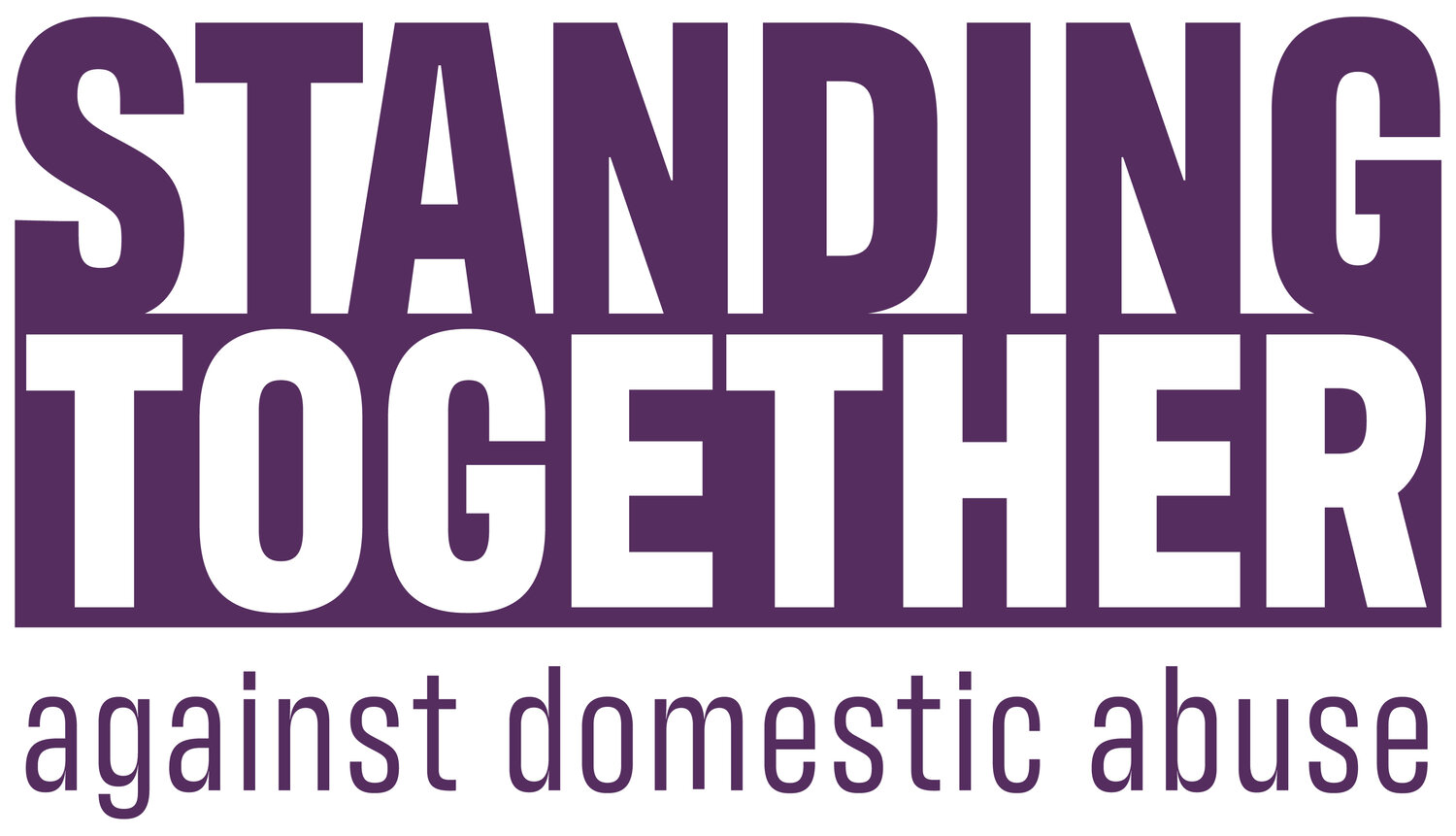STADA’s Perspective on Media Access to Family Courts: A Step Towards Transparency
The Government recently announced its plans to allow media and press access to family courts and tribunals.
As an organisation that supports victim-survivors of domestic abuse, Standing Together Against Domestic Abuse (STADA) hopes this move will allow for greater transparency regarding both the experiences of domestic abuse victim-survivors and the barriers they face when seeking justice, particularly recognising the impact on children and young people.
Domestic abuse is a national emergency, with 1 in 4 women experiencing domestic abuse in their lifetime. Any opportunity to raise awareness and destigmatise the complex nature of domestic abuse among the general public is invaluable for both victim-survivors and the services and agencies that support them.
STADA also hopes that increased reporting of domestic abuse will help demystify the process of seeking justice and hold the system accountable.
However, these aims must be balanced with concerns about how this change will be implemented. The HM Courts and Tribunals Service has a responsibility to victim-survivors to ensure that guidance for the press and media adequately accounts for the privacy and safeguarding of victim-survivors and the sensitive nature of their experiences. STADA calls on the HM Courts and Tribunals Service to mitigate these concerns effectively. Victim-survivors must be able to seek justice without the threat of reporting that distorts, misrepresents, or exploits their experiences, as outlined in IPSO’s (Independent Press Standards Organisation) guidelines on responsible reporting in cases of domestic abuse, which emphasise accuracy and sensitivity to avoid harm. The long-standing bravery of victim-survivors in speaking publicly about their experiences has played a crucial role in both destigmatising domestic abuse and raising awareness of its devastating prevalence. This progress has been fundamental in helping victim-survivors seek support and live free from abuse, and it must not be jeopardised.
It is also essential that family courts are properly resourced to ensure victim-survivors are supported throughout this change and are informed and empowered to manage press interest and presence.
STADA encourages the HM Courts and Tribunals Service to work closely with the sector to ensure that both the guidance and its practical application address these critical needs.
Cherryl Henry-Leach, CEO of Standing Together Against Domestic Abuse, shares,
"While we support any move that increases transparency and raises awareness of domestic abuse, it is crucial that the government, HM Courts and Tribunal Services, and the media take full responsibility for safeguarding victim-survivors. We cannot allow the very process that should offer justice to be misrepresented or sensationalised. Victim-survivors have shown incredible bravery in speaking out, and this must be protected. We urge the HM Courts and Tribunals Service to ensure that any media access is accompanied by clear, protective guidelines, so that victim-survivors are supported and their privacy respected throughout the process."
– Cherryl Henry-Leach
